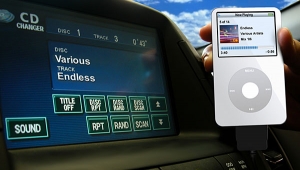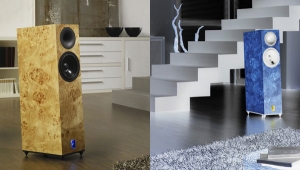| Columns Retired Columns & Blogs |
Not at all. What is the business model and size of the company? Who is their market? You have to look at marketing, parts count & quality, overhead, fit & finish, etc. Then you need to listen! Poor or average design with expensive parts does not mean it will sound better than an inspired design with "off the shelf" parts. Are you buying trophies and bragging rights or a product that helps connect you to the music?


























